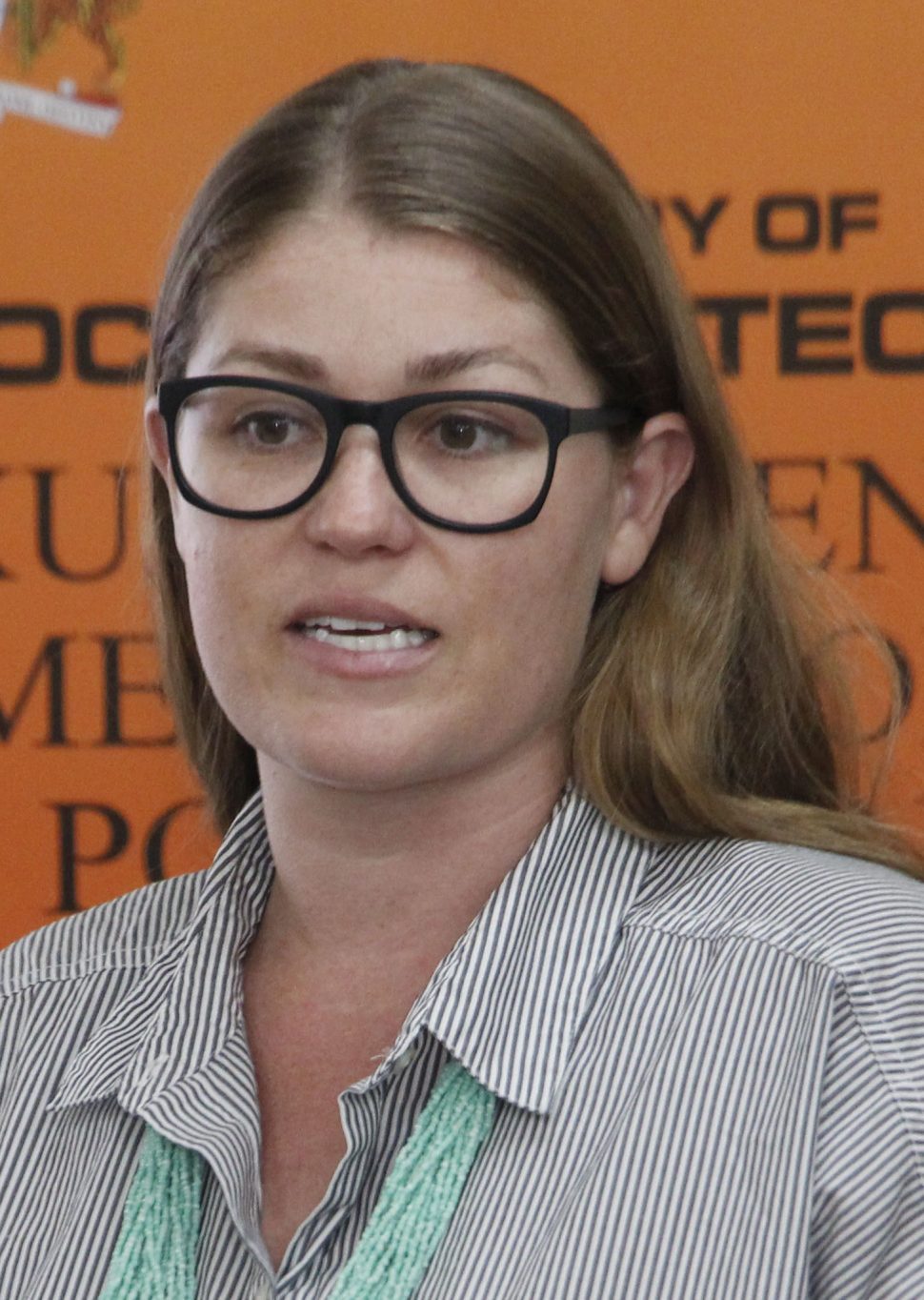The increasing influx of Venezuelan nationals into Guyana has prompted the Ministry of Social Protection (MoSP) via the Sexual Offences and Domestic Violence Policy Unit and the United Nations Population Fund (UNFPA) to partner in generating a referral pathway for the Venezuelan survivors of Gender-Based Violence (GBV).
According to a MoSP release, the partnering agencies held a workshop on Thursday with stakeholders including representatives from: Women Across Differences, International Office of Migration, Counter Trafficking Unit, Blossom Inc, Childlink, Guyana Responsible Parenthood Association, Ministries of Communities and Public Health, Guyana Police Force and the Guyana Sex Worker Association.
The purpose of the meeting was to identify key service providers, the types of services offered to GBV survivors and to generate a map of services with key contact information.
UNFPA Gender-Based Violence Specialist, Karly Bennett, disclosed that due to the political and economic crisis in Venezuela there are currently 177,00 migrants in the Caribbean. As a result of this statistic, the UNFPA, along with the government, and other UN agencies including the International Organization for Migration, recently conducted an inter-agency rapid gender-based violence assessment in Regions One, Four and Seven.
“What came out of the report is that some of the major concerns are around trafficking, sexual violence, survival sex, sexual exploitation and abuse, harassment and IPV or domestic violence. We see this a lot in emergencies, this kind of convergence of sexual violence, trafficking and survival sex, that means there is a combination of people trafficked for sexual servitude,” Bennett explained.
Based on the data collected, the GBV specialist recommended that the first step to address this issue be service mapping. During this step the aim is to bring together key players in each region and map the services available for GBV survival.
The next step Bennett proposed is to make a referral pathway including brochures or leaflets with all the requisite information to distribute to victims. Finally, she recommended the training of frontline providers including immigration, police officers and social workers in order to strengthen their referral systems.
Manager of the Sexual Offences and Domestic Violence Policy Unit, Akilah Dorris, spoke about the national response to gender-based violence in Guyana and explained that her unit does not have access to readily available information of GBV in Guyana and relies on reports from the Guyana Police Force and very few partners.
She also noted that her Unit is governed by the 1996 Domestic Violence Act and the 2010 Sexual Offences Act which were both amended. Both Acts provide basic provisions for persons who were identified as victims of sexual violence, GBV or domestic violence; as well as the mechanisms to hold perpetrators accountable for their actions.
Dorris disclosed that the most recent drafted national plan of action which focusses on the protection of victims, prevention of GBV, sexual and domestic violence, prosecutions, and rehabilitation of victims among others, will soon be approved for implementation.
In the interim, the Sexual Offences and Domestic Violence Policy Unit has developed protocols for police officers, medical practitioners and prosecutors to address sexual violence related matters. With support from the UNFPA, a consultancy that will see the development and implementation of an Essential Services Package for survivors of gender-based violence, is being undertaken, the release added.





